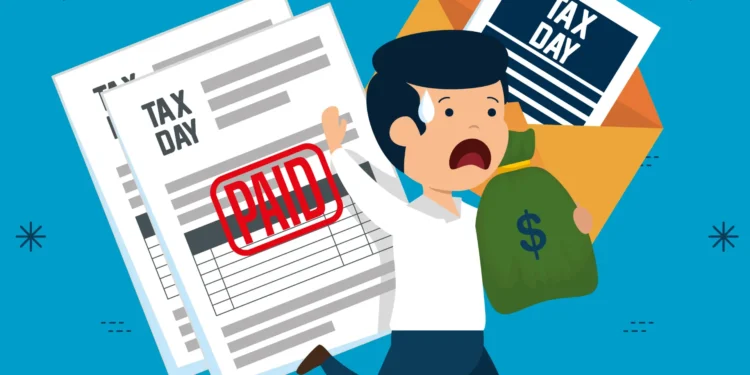Some time ago we were shocked by the Pandora Papers case which involved a number of big names. From celebrities to state officials, they have not escaped public prosecution because they are deemed to have carried out fraudulent practices in the form of illegal tax evasion.
In the end, this case has not found any clarity until today because there are many factors that prevent this case from being brought to justice. However, this case ultimately brought back discussions about tax avoidance and tax evasion, because the Pandora Papers case is closely related to these two tax avoidance practices. So what is tax avoidance and tax evasion?
1. Difference between Tax Avoidance and Tax Evasion
In terms of meaning, tax avoidance and tax evasion have the same meaning, namely tax avoidance, but they both have different meanings and types of avoidance practices.
In general, tax avoidance is anything that refers to the act of legally reducing or minimizing the amount of tax owed, carried out by both individuals and companies, by taking advantage of existing tax law loopholes.
Even though this action is legal, this practice still has a detrimental impact on state revenues, due to reduced state revenues due to the reduced amount of taxes that can be collected.
An example is when the PPh facility with a rate of 0.5% which is intended for MSMEs, is actually used by entrepreneurs to minimize the amount of tax that must be paid. With the facilities stipulated in PP Number 23 of 2018, MSME players are only required to pay PPh at a rate of 0.5% of their business turnover.
However, many unscrupulous business actors actually take advantage of this facility by manipulating or greenwashing financial reports so that gross circulation does not exceed the limit of IDR 4.8 billion.
Meanwhile, tax evasion is something that refers to illegal tax evasion carried out by individuals or companies, with the aim of avoiding paying taxes. This action is clearly illegal and highly unlawful. The lightest consequence is the risk of assets being confiscated by the tax authorities, while the heaviest is the threat of criminal detention.
One of the most frequently encountered examples is the reluctance of taxpayers to report some or all of their income in their SPT. Another example is the act of transferring assets and property to tax heaven countries, with the intention of avoiding paying taxes in the country where the taxpayer obtained the wealth, such as the case of the Panama Papers or Pandora Papers.
2. Impact of Tax Avoidance Behavior
Both tax avoidance and tax evasion both have a detrimental impact on state revenues. Taxes, which should be the main income for a country, as well as being the main element in minimizing social inequality, are actually used by a handful of individuals to avoid these obligations, both legally and illegally.
As a result of this practice, social inequality will widen. The reason is that only individuals with excessive wealth are able to take advantage of legal tax avoidance practices, while mediocre groups of people cannot do anything other than obey and pay taxes according to legal provisions. This clearly harms the philosophy of tax justice because there is inequality in tax burden due to the inability of the middle class to access ways to legally avoid taxes.
With so many cases of rich people succeeding in minimizing the amount of tax they have to pay legally, this has a direct impact on eroding public trust in the tax authorities, in this case the Directorate General of Taxes. The impact is that people will be increasingly reluctant to comply with tax obligations.
3. Minimize Tax Non-Compliance Behavior
Both tax avoidance and tax evasion are basically acts of tax avoidance. Therefore, these two things are always related to discussions regarding efforts to increase tax compliance.
There are several ways that the government can use to enforce fair laws for tax evaders without discrimination. This is important to do because public trust in the law is greatly influenced by how the law is enforced. Apart from that, this can have a deterrent effect on tax evaders as well as increase public confidence in the values of justice in the tax system.
The government can periodically provide incentives for taxpayers who comply with paying taxes in accordance with the provisions of tax law, such as reducing tax rates, as has been successfully done in several countries such as Sweden and Norway. Apart from that, the government also needs to increase transparency regarding the tax system and information regarding taxation. In this way, individual or corporate taxpayers can better understand their tax responsibilities so they can minimize tax avoidance practices.
Apart from that, the government also needs to carry out research and development of technology that is oriented towards data analysis capabilities in the future, so that with this technology the government is able to identify tax evasion and tax avoidance behavior patterns more efficiently.
The important thing that needs to be underlined here is providing education in an effort to form tax awareness in society voluntarily. A society that has been educated and has realized the important role of taxes in the welfare of many groups will change society’s paradigm towards taxes. The hope is that they will comply with applicable tax provisions and minimize the possibility of committing tax avoidance.














